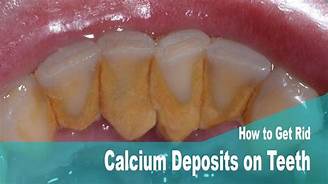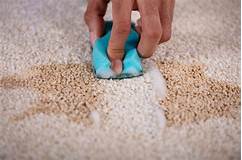Do You Get Pet Deposits Back?
Moving into a rental property with a pet can be challenging. Most landlords require a pet deposit to cover any damages caused by your furry friend. When you eventually move out, you may wonder if you'll get your pet deposit back. The answer to this question is not always straightforward and can depend on several factors.

Factors Affecting Pet Deposit Refunds
1. Lease Agreement:
The terms and conditions of your lease agreement will outline the pet deposit rules. It should specify the amount of the deposit, the circumstances under which the deposit can be withheld, and the conditions for getting it back.
2. Damage Caused by Your Pet:
If your pet causes damage to the rental property, the landlord may deduct the cost of repairs from your pet deposit. This could include damages to carpets, floors, walls, furniture, or appliances.
3. Cleanliness of the Property:
When you move out, the landlord will inspect the property for cleanliness. If the property is excessively dirty, the landlord may use your pet deposit to cover the cost of professional cleaning.
4. Foul Odors:
If your pet leaves behind unpleasant odors in the property, the landlord may deduct the cost of deodorization from your pet deposit.
5. State and Local Laws:
Some states and localities have laws that govern pet deposits. These laws may limit the amount of deposit the landlord can charge or impose restrictions on the circumstances under which the deposit can be withheld.
6. Landlord's Discretion:
In some cases, the decision to refund the pet deposit may be left to the landlord's discretion. If there are no specific guidelines in the lease agreement, the landlord may consider factors such as the length of your tenancy, your overall care of the property, and the behavior of your pet.
Tips for Getting Your Pet Deposit Back
1. Clean the Property Thoroughly:
Before you move out, clean the property thoroughly to remove any evidence of pet ownership. This includes vacuuming carpets, mopping floors, dusting surfaces, and cleaning appliances. Be sure to pay special attention to areas where your pet may have caused damage or left behind odors.
2. Repair Any Damage:
If your pet caused any damage to the property, try to repair it before you move out. This will show the landlord that you take responsibility for your pet's actions and are willing to make things right.
3. Get Written Confirmation:
When you move out, request a written confirmation from the landlord that the property is in good condition and that you have complied with all the terms of the lease agreement. This will help prevent disputes later on.
4. Negotiate with the Landlord:
If the landlord refuses to refund your pet deposit, try negotiating with them. Explain that you have taken steps to clean the property and repair any damage. You may be able to reach an agreement that is fair to both parties.
5. File a Complaint:
If you believe that the landlord is wrongfully withholding your pet deposit, you can file a complaint with your local housing authority or small claims court. However, this option should be a last resort as it can be time-consuming and expensive.
Getting your pet deposit back can be challenging, but it is possible. By following these tips, you can increase your chances of receiving a full refund when you move out of your rental property.Declaration: All article resources on this website, unless otherwise specified or labeled, are collected from online resources. If the content on this website infringes on the legitimate rights and interests of the original author, you can contact this website to delete it.






